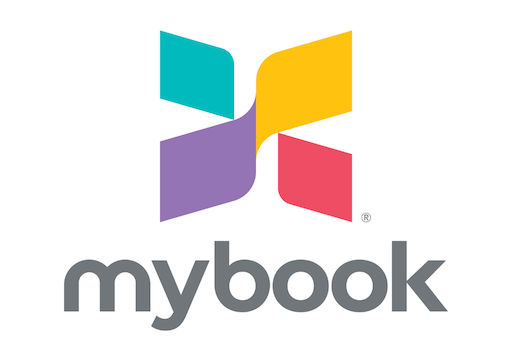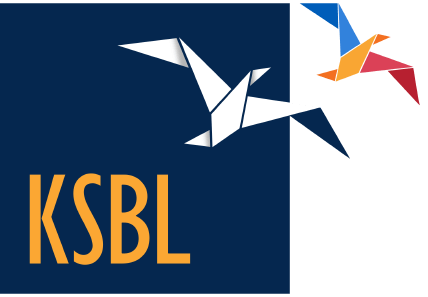Switch Marketing Agency as Client: Your Effortless Guide to Success
Switching marketing agencies can feel like a daunting task, but it doesn’t have to be. Whether you’re dissatisfied with your current agency’s performance or seeking a fresh perspective for your brand, navigating this change can lead to incredible growth and newfound dynamism for your business. In this guide, we’ll explore the key steps involved in switching your marketing agency and how to ensure a smooth transition, setting you up for success right from the start.
Understanding the Need for Change
Before you dive headfirst into the switch, take a moment to reflect on why you’re considering a new agency. Are you looking for more innovative strategies? Does your current marketing plan feel stale or ineffective? Perhaps you’re frustrated with slow response times or lackluster communication. Understanding your motivations will not only clarify your goals but will also help you communicate your needs effectively to your new agency.
For instance, let’s say you’re a small business owner who felt your previous agency wasn’t actively promoting your latest product launch. You might have reasons like wanting a more aggressive marketing approach or needing a partner who is proactive in digital advertising. These insights will serve as guiding principles when you meet with prospective agencies.
Research and Shortlisting Agencies
Once you’ve pinpointed what you’re looking for, the next step is research. Start by asking for recommendations from colleagues in your industry or exploring online resources. Make use of social media platforms like LinkedIn to scout for agencies that align with your vision. Look for reviews, case studies, and success stories—these can be quite telling.
When shortlisting potential agencies, look for those whose values align with yours. If social responsibility is pivotal to your brand, an agency with a strong focus on community initiatives may resonate better. Keep an open mind, and remember that a fresh perspective doesn’t necessarily mean adopting a radically different approach.
The Transition Process: Communication is Key
Once you’ve decided on a new agency, planning the transition is essential. Clear and open communication can make the switch not just smoother but also enjoyable. Schedule a kick-off meeting with your new agency to outline your expectations, campaign goals, and previous marketing efforts.
An anecdote that illustrates the power of communication comes from a friend who runs a local café. When she switched agencies, she made it a priority to involve her new team in her brand story. This led to a more authentic marketing strategy that spoke directly to her target audience. The new agency didn’t just take her previous strategies and run with them; they developed a unique voice based on her feedback.
Set Clear Goals
Having clear objectives establishes the success metrics that both you and the agency will strive to achieve. Discuss what success looks like for you. Whether you want to increase brand awareness, drive more traffic to your website, or improve conversion rates, being transparent about your goals will keep everyone aligned.
Imagine you’re planning a roadmap for an adventurous road trip. Without clear destinations, you might find yourself lost—and similarly, without specific marketing goals, it’s easy to veer off track.
Monitor and Adapt
After the transition, it’s crucial to regularly check in and evaluate performance. Reports from the agency should be clear and present actionable insights. If something isn’t working, don’t hesitate to discuss it—it’s your partnership, after all. Flexibility is key. Marketing landscapes shift rapidly, and agencies worth their salt will be willing to adapt as needed.
For example, if you notice a particular campaign isn’t resonating with your audience as expected, a good agency will pivot strategy based on real-time data and feedback, experimenting with different approaches until something clicks.
Building a Long-Term Relationship
Transitioning to a new agency is just the beginning. Building a solid, long-term relationship can amplify your success. Regular meetings, collaborative brainstorming sessions, and open feedback loops will help you cultivate a partnership that thrives on both sides.
Just like any meaningful relationship, this one requires trust and respect. Showing appreciation for your agency’s hard work goes a long way—after all, they’re invested in your success too. Remember that they’re your partners, not just service providers.
While switching your marketing agency may seem like an uphill battle, it’s ultimately a refreshing opportunity for growth. Knowing your reasons for the switch, doing thorough research, maintaining open communication, and setting clear goals will help pave the path toward a fruitful collaboration.
FAQs
1. How do I know when it’s time to switch marketing agencies?
Often, signs such as stagnant growth, poor communication, or differences in vision indicate it might be time for a change. Trust your instincts and assess areas where the current agency isn’t aligning with your goals.
2. What should I look for in a new marketing agency?
Look for an agency with a proven track record in your industry, strong client reviews, and services that match your specific needs. A good fit in terms of company culture and values is also essential.
3. How can I ensure a smooth transition when switching agencies?
Clear communication about your goals and expectations is key. Hold a kick-off meeting to discuss objectives, and maintain an open dialogue throughout the transition. Regular check-ins will also help establish trust and collaboration.
Related Posts
Switch Lead Gen Expert: Effortless Steps for Success
In todays competitive landscape, becoming a switch lead gen expert can transform your approach to business growth. With a focus on building relationships and understanding your audience, youll discover...
Switch Ecommerce Marketing Expert: Must-Have Tips for Success
Switching to a dedicated ecommerce marketing expert can be a game changer for your online business, unlocking strategies that drive sales and enhance customer relationships. With the right guidance, youll...












